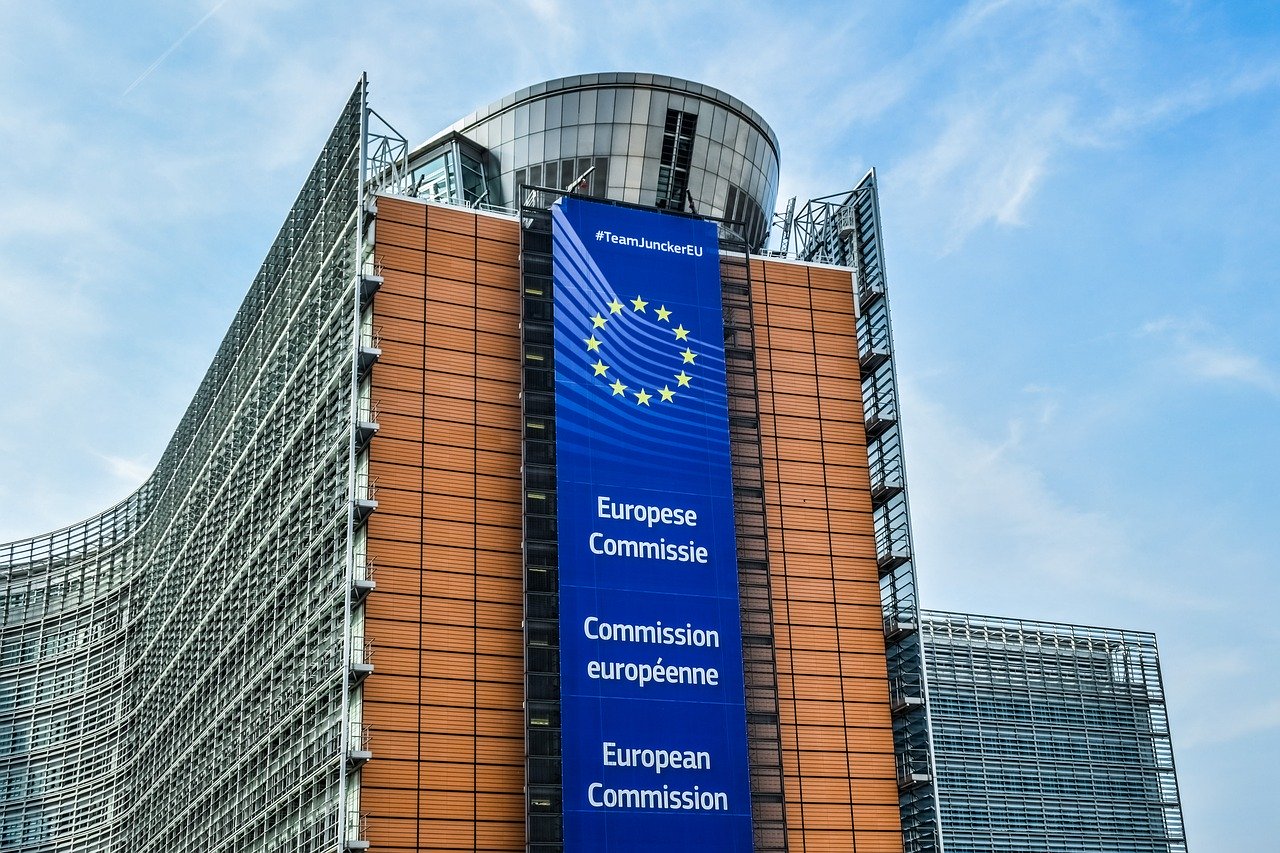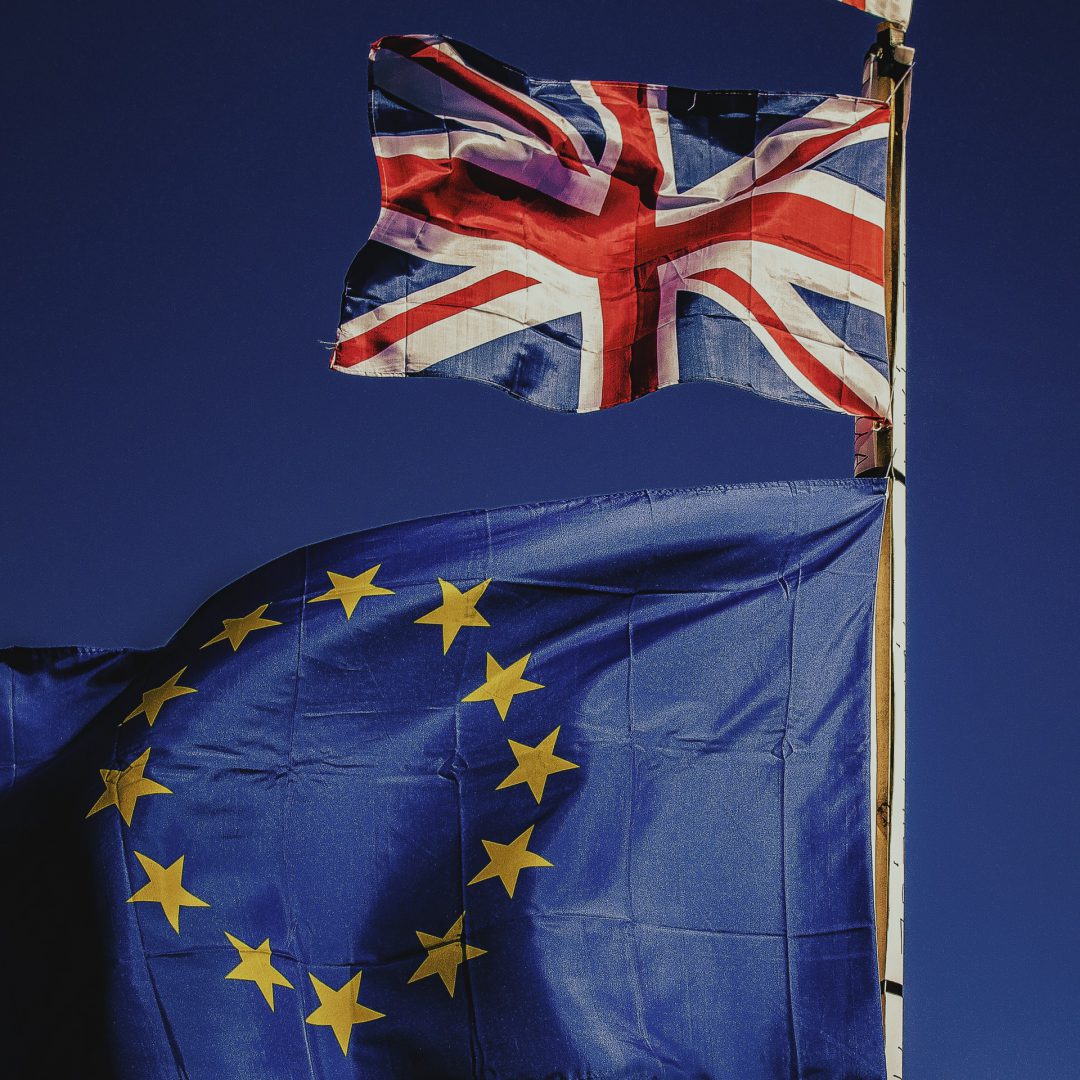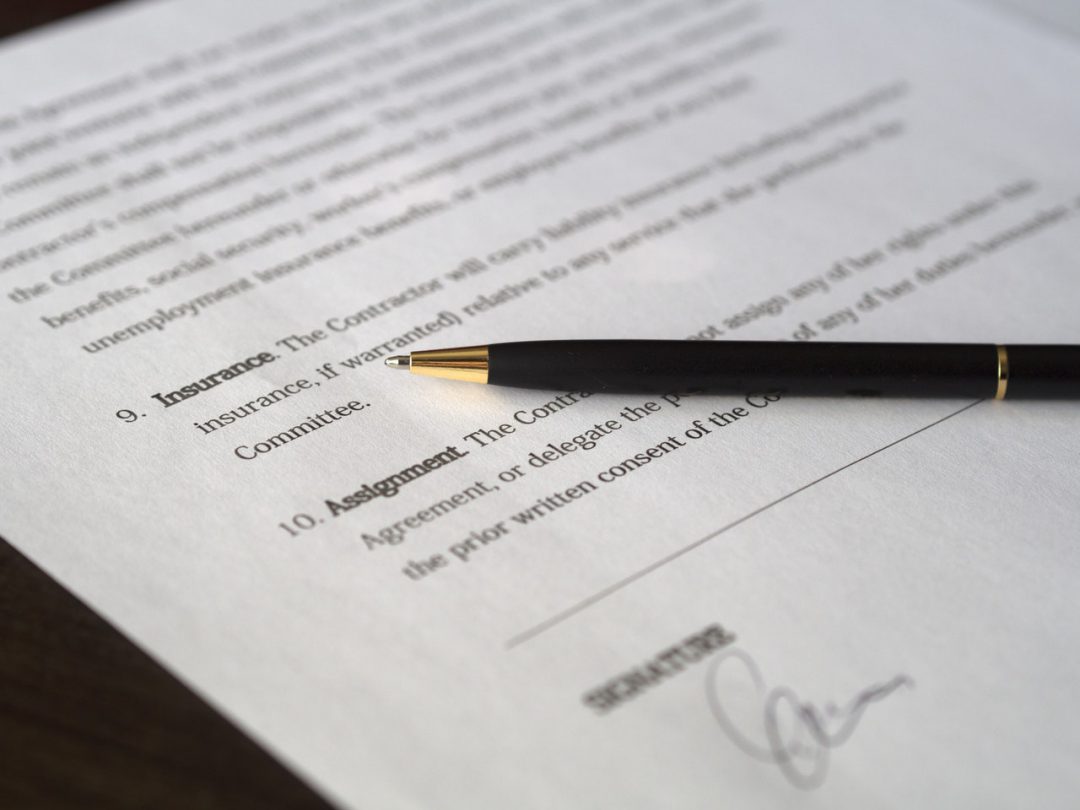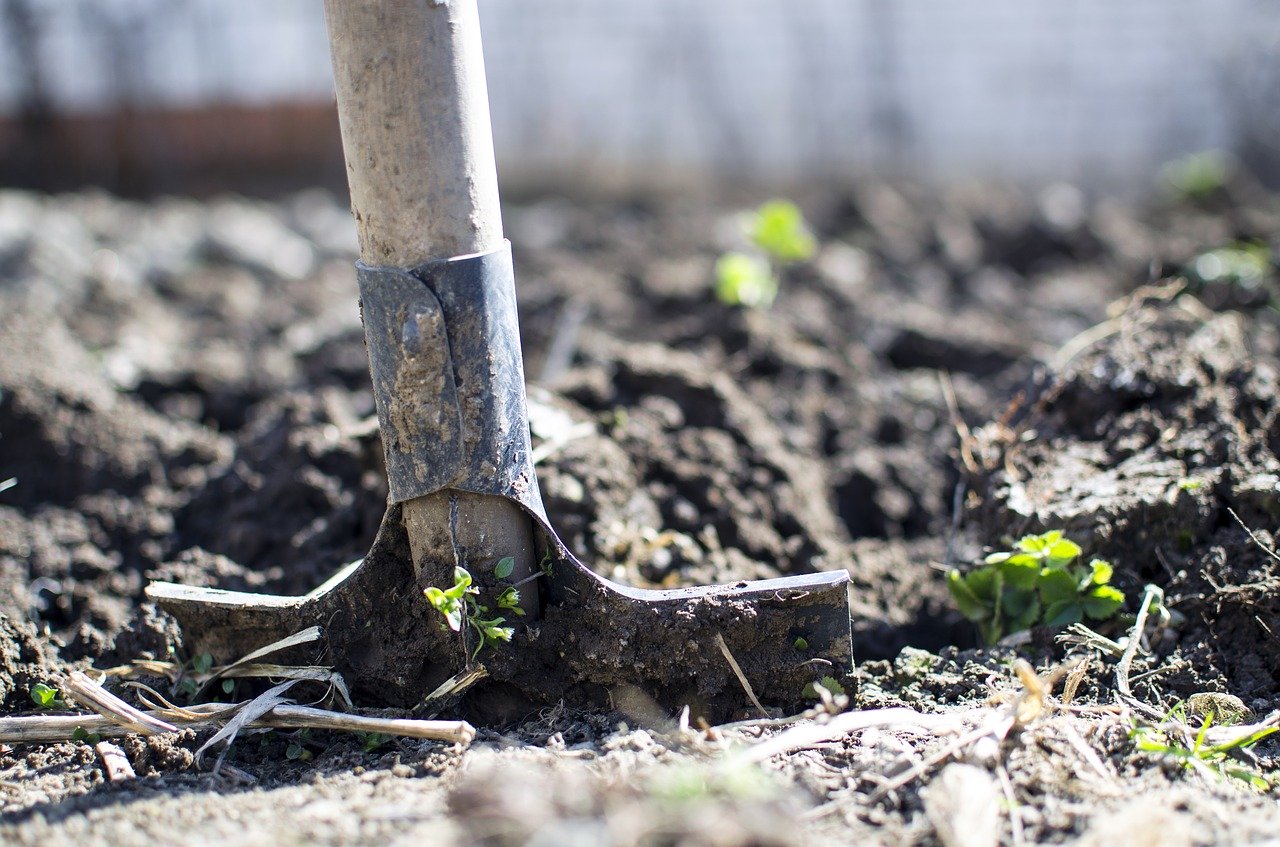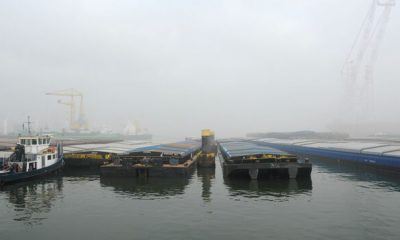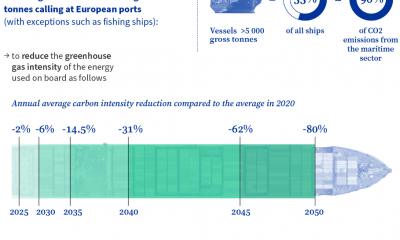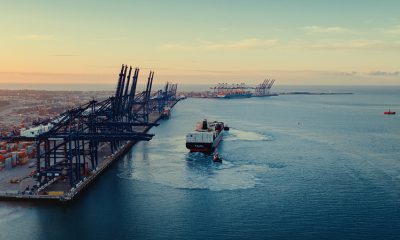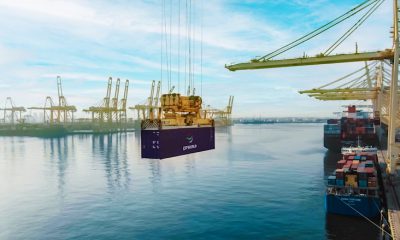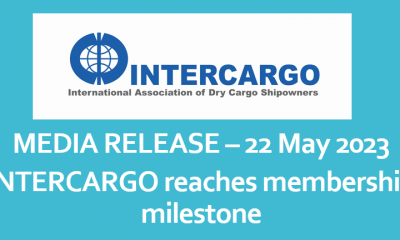EU exports to Vietnam will be taxed less as of tomorrow, 1 August. This is the immediate effect of the entry into force of the EU-Vietnam trade agreement that will ultimately scrap duties on 99% of all goods traded between the two sides.
Doing business in Vietnam will also become easier for European companies: they will now be able to invest and pitch for government contracts with equal chances to their local competitors.
Under the new agreement, the economic benefits go hand in hand with guarantees of respect for labour rights, environment protection and the Paris Agreement on climate, through strong, legally binding and enforceable provisions on sustainable development.
President of the European Commission, Ursula von der Leyen, said: “The European economy needs now every opportunity to restore its strength after the crisis triggered by the coronavirus. Trade agreements, such as the one becoming effective with Vietnam today, offer our companies a chance to access new emerging markets and create jobs for Europeans. I strongly believe this agreement will also become an opportunity for people of Vietnam to enjoy a more prosperous economy and witness a positive change and stronger rights as workers and citizens in their home country.”
Commissioner for Trade, Phil Hogan, commented: “Vietnam is now part of a club of 77 countries doing trade with the EU under bilaterally agreed preferential conditions. The agreement strengthens EU economic links with the dynamic region of South-East Asia and has an important economic potential that will contribute to the recovery after the coronavirus crisis. But it also shows how trade policy can be a force for good. Vietnam has already made a lot of effort to improve its labour rights record thanks to our trade talks and, I trust, will continue its most needed reforms.”
The EU-Vietnam agreement is the most comprehensive trade agreement the EU has concluded with a developing country. It takes fully into account Vietnam’s development needs by giving Vietnam a longer, 10-year period to eliminate its duties on EU imports.
However, many important EU export products, such as pharmaceuticals, chemicals or machinery will already enjoy duty free import conditions as of entry into force.
Agri-food products like beef or olive oil will face no tariffs in three years, while dairy, fruit and vegetables in maximum five years. Comprehensive provisions on sanitary and phytosanitary cooperation will allow for improving market access for EU firms via more transparent and quick procedures.
It also contains specific provisions to address regulatory barriers for EU car exports and grants protection from imitation for 169 traditional European food and drink products (like Roquefort cheese, Porto and Jerez wines, Irish Cream spirit or Prosciutto di Parma ham) recognised as Geographical Indications.
At the same time, the trade agreement expresses a strong commitment of both sides to environment and social rights. It sets high standards of labour, environmental and consumer protection and ensures that there is no ‘race to the bottom’ to promote trade or attract investment.
Under the agreement, the two parties have committed to ratify and implement the eight fundamental Conventions of International Labour Organization, and respect, promote and effectively implement the principles of the ILO concerning fundamental rights at work; implement the Paris Agreement, as well as other international environmental agreements, and act in favour of the conservation and sustainable management of wildlife, biodiversity, forestry and fisheries; and involve independent civil society in monitoring the implementation of these commitments by both sides.
Vietnam has already made progress on these commitments by ratifying in June 2019 ILO Convention 98 on collective bargaining and in June 2020 ILO Convention 105 on forced labour. It also adopted a revised Labour Code in November 2019 and confirmed that it would ratify the one remaining fundamental ILO Convention on freedom of association* by 2023.
The trade agreement also includes an institutional and legal link to the EU-Vietnam Partnership and Cooperation Agreement, allowing appropriate action in the case of serious breaches of human rights.
The entry into force of the trade agreement has been preceded by its approval by EU Member States in the Council and its signature in June 2019, and the European Parliament’s approval in February 2020.
Background
Vietnam is the EU’s second largest trading partner in the Association of Southeast Asian Nations (ASEAN) after Singapore, with trade in goods worth €45.5 billion in 2019 and trade in services of some €4 billion (2018).
The EU’s main exports to Vietnam are high-tech products, including electrical machinery and equipment, aircrafts, vehicles, and pharmaceutical products. Vietnam’s main exports to the EU are electronic products, footwear, textiles and clothing, as well as coffee, rice, seafood, and furniture.
With a total foreign direct investment stock of €7.4 billion (2018), the EU is one of the largest foreign investors in Vietnam. Most EU investments are in industrial processing and manufacturing.
The agreement with Vietnam is the second trade agreement the EU has concluded with an ASEAN member state, following the recent agreement with Singapore. It represents an important milestone in the EU’s engagement with Asia, adding to the already existing agreements with Japan and Republic of Korea.
